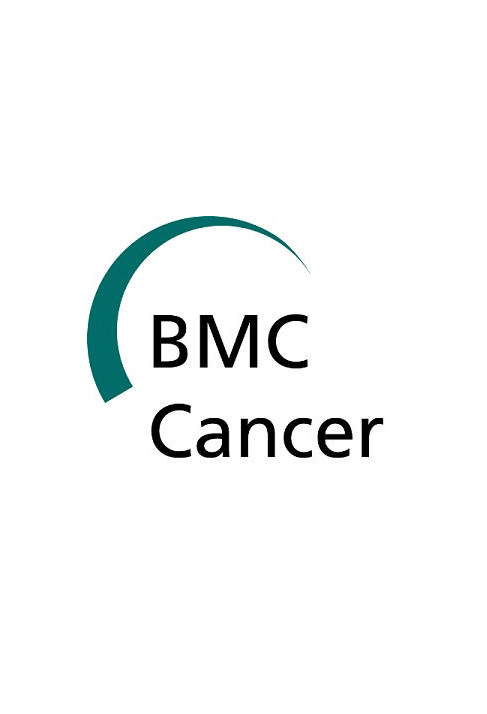BMC Cancer. 2020 Aug 20;20(1):784. doi: 10.1186/s12885-020-07273-7.
Martin Paré 1 , Cédric Y Darini 2 , Xi Yao 1 , Bérengère Chignon-Sicard 3 , Samah Rekima 1 , Simon Lachambre 1 , Virginie Virolle 1 , Adriana Aguilar-Mahecha 2 , Mark Basik 2 4 , Christian Dani 1 , Annie Ladoux 5
Affiliations
1 Université Côte d’Azur, CNRS, INSERM, iBV, Nice, France.
2 Segal Cancer Center, Lady Davis Institute for Medical Research, Sir Mortimer B. Davis Jewish General Hospital, McGill University, Montréal, Québec, Canada.
3 Université Côte d’Azur, Pasteur 2 Hospital, Department of Plastic and Reconstructive Surgery, Nice, France.
4 Division of Experimental Medicine, McGill University, Montréal, Québec, Canada.
5 Université Côte d’Azur, CNRS, INSERM, iBV, Nice, France. ladoux@unice.fr.
Abstract
Background: Cancer cells cooperate with cells that compose their environment to promote tumor growth and invasion. Among them, adipocytes provide lipids used as a source of energy by cancer cells and adipokines that contribute to tumor expansion. Mechanisms supporting the dynamic interactions between cancer cells and stromal adipocytes, however, remain unclear.
Methods: We set-up a co-culture model with breast cancer cells grown in 3D as mammospheres and human adipocytes to accurately recapitulate intrinsic features of tumors, such as hypoxia and cancer cell-adipocytes interactions.
Results: Herein, we observed that the lipid droplets’ size was reduced in adipocytes adjacent to the mammospheres, mimicking adipocyte morphology on histological sections. We showed that the uncoupling protein UCP1 was expressed in adipocytes close to tumor cells on breast cancer histological sections as well as in adipocytes in contact with the mammospheres. Mammospheres produced adrenomedullin (ADM), a multifactorial hypoxia-inducible peptide while ADM receptors were detected in adipocytes. Stimulation of adipocytes with ADM promoted UCP1 expression and increased HSL phosphorylation, which activated lipolysis. Invalidation of ADM in breast cancer cells dramatically reduced UCP1 expression in adipocytes.
Conclusions: Breast tumor cells secreted ADM that modified cancer-associated adipocytes through paracrine signaling, leading to metabolic changes and delipidation. Hence, ADM appears to be crucial in controlling the interactions between cancer cells and adipocytes and represents an excellent target to hinder them.
PMID: 32819314
DOI: 10.1186/s12885-020-07273-7

